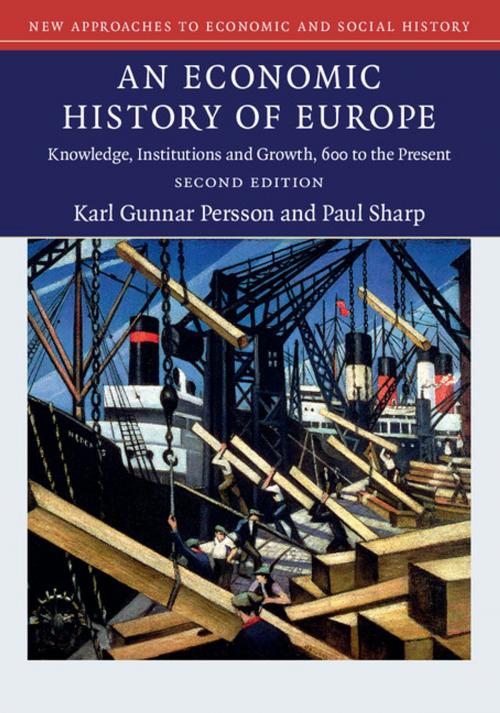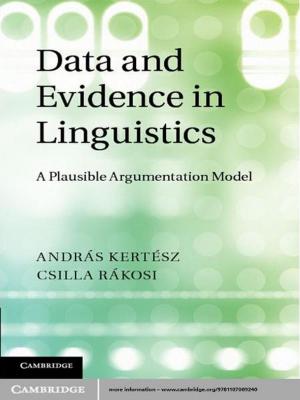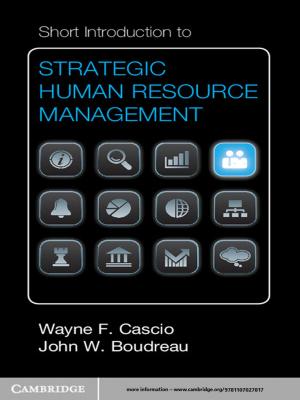An Economic History of Europe
Knowledge, Institutions and Growth, 600 to the Present
Business & Finance, Economics, Economic History, Nonfiction, History| Author: | Karl Gunnar Persson, Paul Sharp | ISBN: | 9781316289877 |
| Publisher: | Cambridge University Press | Publication: | March 12, 2015 |
| Imprint: | Cambridge University Press | Language: | English |
| Author: | Karl Gunnar Persson, Paul Sharp |
| ISBN: | 9781316289877 |
| Publisher: | Cambridge University Press |
| Publication: | March 12, 2015 |
| Imprint: | Cambridge University Press |
| Language: | English |
This revised and extended edition of the leading textbook on European economic history has been updated to take account of contemporary economic developments and the latest research and debates. A concise and accessible introduction that covers the full sweep of the European history, the book focuses on the interplay between the development of institutions and the generation and diffusion of knowledge-based technologies. With simple explanations of key economic principles, the book is an ideal introduction for students in history and economics. Revised textboxes and figures, an extensive glossary, suggestions for further reading and a suite of online resources lead students to a comprehensive understanding of the subject. New material covers contemporary economic developments such as the financial crises of 2007/2008, the Eurozone crisis, new trends in inequality and the austerity debates. This remains the only textbook students need to understand Europe's unique economic development and its global context.
This revised and extended edition of the leading textbook on European economic history has been updated to take account of contemporary economic developments and the latest research and debates. A concise and accessible introduction that covers the full sweep of the European history, the book focuses on the interplay between the development of institutions and the generation and diffusion of knowledge-based technologies. With simple explanations of key economic principles, the book is an ideal introduction for students in history and economics. Revised textboxes and figures, an extensive glossary, suggestions for further reading and a suite of online resources lead students to a comprehensive understanding of the subject. New material covers contemporary economic developments such as the financial crises of 2007/2008, the Eurozone crisis, new trends in inequality and the austerity debates. This remains the only textbook students need to understand Europe's unique economic development and its global context.















